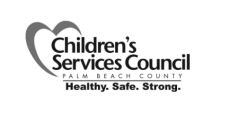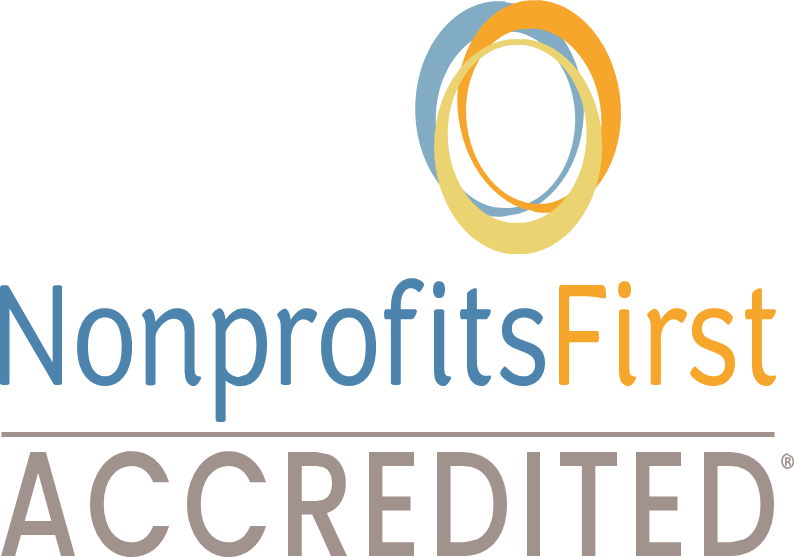Become a Mentor
Become a Mentor
Mutual Mentoring
When one person mentors, two people learn. In Young Women Who Win, you are matched with a female student to guide a supportive relationship based on mutual respect, trust, listening and learning — where you both are enriched by the process.
Listen and lead.
Young Women Who Win is a mentoring program for teen girls in schools throughout Palm Beach County. A nurturing woman in the community will spend one on one time with you for four hours each month during the school year.

In 2022, YEP connected 76 challenged teens with a nurturing and caring adult mentor resulting in decreased school absenteeism and increased coping mechanisms and problem-solving skills.
Positive impact only YOU can provide.
Your role as a champion and advocate brings growth, guidance, inspiration and real-life problem-solving to a young woman in a safe, committed relationship.
Per the National Mentoring Partnership, young adults at-risk for falling off track who acquire a mentor are empowered in these ways:
- 55% are more likely to enroll in college
- 78% are more likely to volunteer regularly
- 90% are interested in becoming a mentor
- are 130% more likely to hold leadership positions
What will my match expect of me?
Your student mentor match will trust that you will listen to and support her. Sometimes she will ask for advice, other times she may not.
In our mutual mentoring model, she will also have many things to teach and share with you about her personal and generational feelings, fears and aspirations in today’s world.
What is required of me as a mentor?
Your shared goals include improving academic and life skills, planning and goal setting, developing resourcefulness and resilience, focusing on wellness, and growing in character, confidence and community leadership.
Your time as a mentor requires commitment. Be prepared to invest a minimum of four hours per month for the duration of the school year.
A training session and background screening must be completed before approval and being matched with a student. Fingerprint screening is required as we work with minors.
What support exists for mentors?
YEP’s Program Coordinator checks in monthly throughout the school year to support and monitor your mentoring relationship.
At the end of the school year, a Closing Ceremony takes place where all mentor matches meet and celebrate in a festive venue.
I’m Ready! Let’s do this.
Questions? Email
info@ye2p.org. Thank you so much for your commitment to change a life!
I’ve learned that people will forget what you said, people will forget what you did, but people will never forget how you made them feel. — Maya Angelou
Mentor Forms and Resources
Mentor Training/Orientation Sessions
























